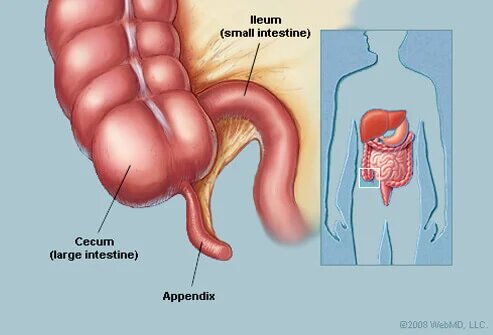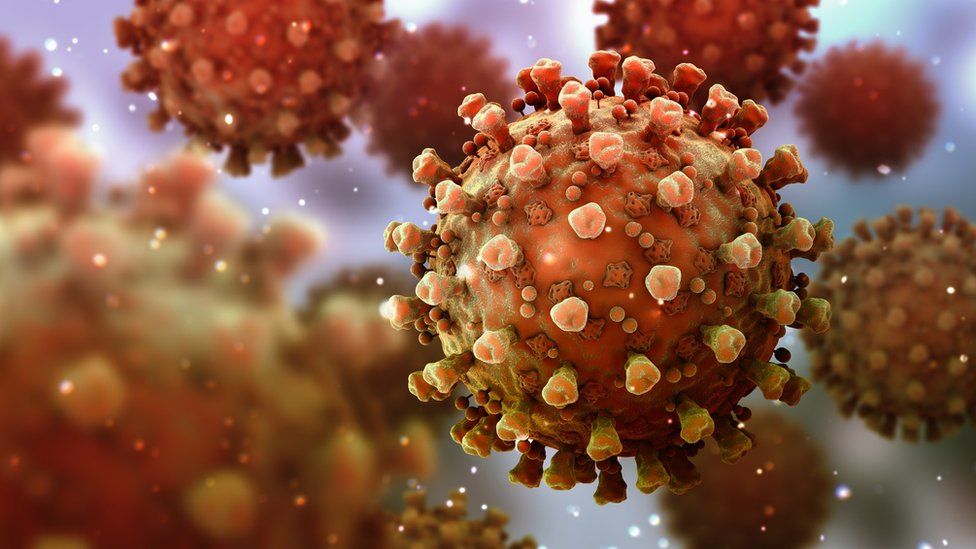
What is Corona Virus
The COVID19 pandemic, also known as the coronavirus pandemic, is an ongoing global pandemic of coronavirus disease 2019 (COVID19), caused by severe acute respiratory syndrome coronavirus 2 (SARSCoV2). The outbreak was first identified in December 2019 in Wuhan, China. The World Health Organization declared the outbreak a Public Health Emergency of International Concern on 30 January 2020 and a pandemic on 11 March. As of 1 August 2020, more than 17.5 million cases of COVID19 have been reported in more than 188 countries and territories, resulting in more than 679,000 deaths; more than 10.3 million people have recovered.
What happens to people who get COVID-19?
Among those who develop symptoms, most (about 80%) recover from the disease without needing hospital treatment. About 15% become seriously ill and require oxygen and 5% become critically ill and need intensive care.
Complications leading to death may include respiratory failure, acute respiratory distress syndrome (ARDS), sepsis and septic shock, thromboembolism, and/or multiorgan failure, including injury of the heart, liver or kidneys.
In rare situations, children can develop a severe inflammatory syndrome a few weeks after infection.


